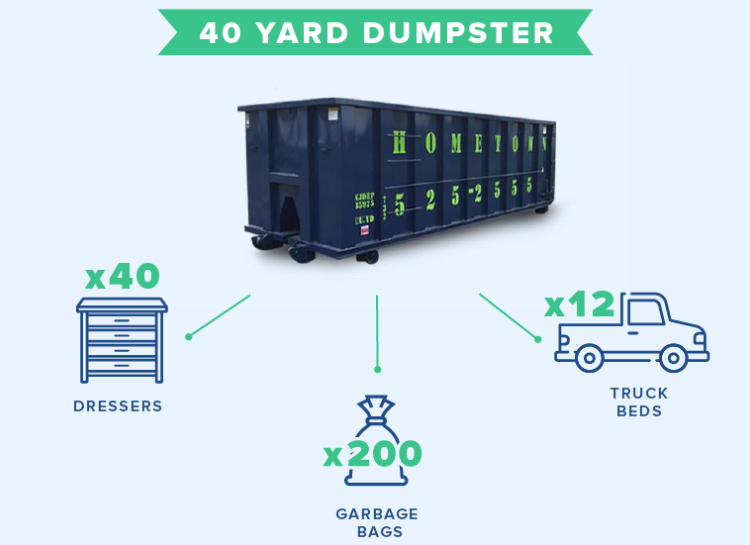Practical Recommendations For Waste Control While Renovating Your Home
Practical Recommendations For Waste Control While Renovating Your Home
Blog Article
Write-Up Composed By-McCullough Armstrong
When starting a home renovation, waste management could not be the first thing on your mind, but it's an important facet of the procedure. By executing a few basic methods, you can significantly lower the ecological influence of your job. From go right here decluttering strategies to innovative recycling options, these fast suggestions will certainly not just boost the effectiveness of your renovation however additionally contribute to a much more sustainable outcome.
Pre-Renovation Decluttering
Prior to diving into your home renovation job, decluttering your area is an essential action to guarantee a smoother and extra orderly process. Start by examining each room and determining what products are crucial and what can be disposed of or contributed. Be ruthless in your decluttering initiatives; if you haven't used an item in over a year, it may be time to let it go.
Kind things into categories such as keep, donate, reuse, or discard. Purchase storage space options like bins or shelves to help organize the products you pick to keep. This will not only declutter your area yet also make it easier to locate points during and after the remodelling.
Decluttering prior to the remodelling won't just enhance the process but also conserve you time and money. You'll have a clearer vision of what requires to be done and will not be overwhelmed by unnecessary items.
Once you've decluttered, you can move forward with your renovation project with a fresh and organized area.
Reliable Waste Arranging
To guarantee a smooth and environmentally mindful home improvement procedure, effective waste sorting is essential. As https://garbageremovalcontainerre41725.is-blog.com/36749306/smart-techniques-for-taking-care-of-waste-throughout-your-home-renovation-job begin your improvement project, established marked sorting areas for different types of waste.
Placing different bins or containers for recyclables, harmful products, and basic waste will enhance the disposal process and make it less complicated to divert recyclable materials from winding up in land fills.
Label each arranging location plainly to stay clear of confusion and make sure that every person involved in the improvement knows where each type of waste should go. This straightforward action can help prevent mixing of products that might pollute recyclables or develop safety and security risks throughout disposal.
Recycling and Upcycling Methods
Efficient waste arranging sets the foundation for an effective home restoration project. When it comes to handling waste during your restoration, recycling and upcycling strategies play a crucial role in decreasing landfill waste and making best use of the capacity of your products.
Begin by designating separate containers for different sorts of recyclables like glass, plastic, and paper. Contact residential dumpster sizes to ensure you're following the correct standards for disposal.
Take into rollback dumpster like old furniture, doors, or closets as opposed to tossing them away. With a fresh coat of paint or some innovative modifications, you can offer these things a brand-new life in your renovated area. Upcycling not only reduces waste but also includes a special touch to your home decor.
Seek contribution facilities or organizations that approve reusable building materials. By contributing items like light fixtures, cupboards, or tiles, you can help others while decluttering your area. Remember, a little effort in reusing and upcycling can go a long way in making your home remodelling project a lot more sustainable and environmentally friendly.
Conclusion
In conclusion, by adhering to the quick pointers for handling waste during a home restoration, you can make the procedure a lot more reliable and eco-friendly. Decluttering before beginning the restoration, sorting waste into assigned containers, and thinking about reusing or upcycling choices can help reduce the amount of waste mosting likely to landfills. With a little extra effort, you can make a large effect on the sustainability of your project.
